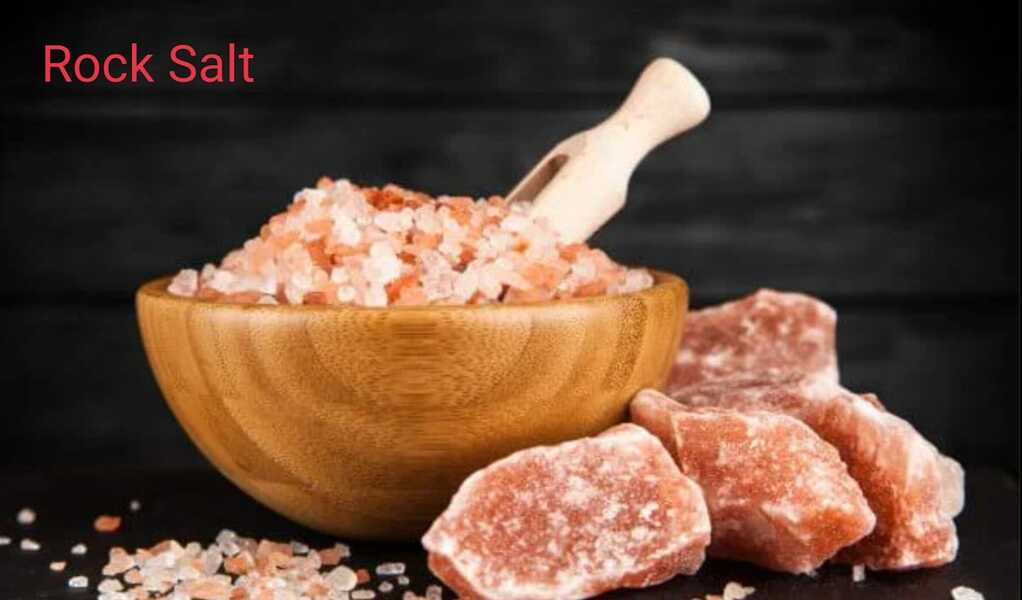Article Today, New Delhi:
Salt is an invisible part of daily diets, present in staples ranging from pulses and pickles to noodles and snacks. However, excessive consumption has emerged as a major health concern. Medical experts caution that Indians are consuming nearly twice the World Health Organization’s recommended limit. The WHO prescribes no more than five grams per day, yet the National NCD Survey 2023 shows average intake at 8.9 grams for men and 7.1 grams for women.
Health Consequences of Overuse
Doctors warn that high sodium consumption is directly linked to hypertension, heart disease, kidney disorders, fluid retention, and even stomach cancer. They emphasise that unchecked use of salt poses long-term risks and requires urgent behavioural change. Limiting intake can substantially reduce the burden of non-communicable diseases in the country.
The Trend of Pink and Rock Salt
Growing popularity of Himalayan pink salt and rock salt is also a cause for concern. While often promoted as natural and mineral-rich, experts stress that these salts are primarily sodium chloride, with negligible amounts of other minerals. More importantly, they lack iodine, raising the risk of thyroid disorders. Nutritionists underline that iodised table salt remains the safest option for regular use.
Hidden Sources of Salt
Specialists also draw attention to processed and ready-to-eat foods, which contain high levels of hidden salt. Pickles, biscuits, noodles, and restaurant dishes significantly add to daily sodium intake. Reducing such foods in the diet can help control obesity, high blood pressure, and kidney ailments.
Iodine Essential for All
Contrary to popular belief, iodine is not only necessary for children and pregnant women but vital for all age groups. Deficiency can lead to conditions such as goitre. Experts stress that consistent use of iodised salt is crucial for the proper functioning of the thyroid gland. Rising cases of thyroid disorders among the youth highlight the urgency of ensuring adequate iodine intake.
Balanced Approach Advised
Doctors caution that completely eliminating salt, especially for those with hypertension, is not advisable. Sodium plays an essential role in nerve function, muscle activity, and fluid balance. Instead, they recommend reducing daily intake to around 2.5 grams and maintaining a balanced diet. With regular exercise, adequate hydration, and limited processed food, individuals can manage blood pressure and reduce long-term health risks effectively.



